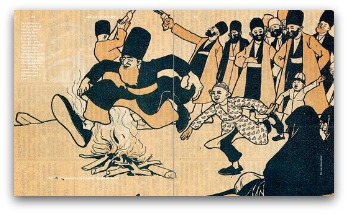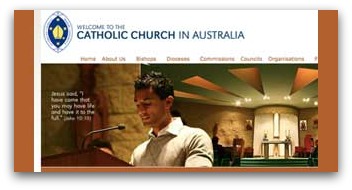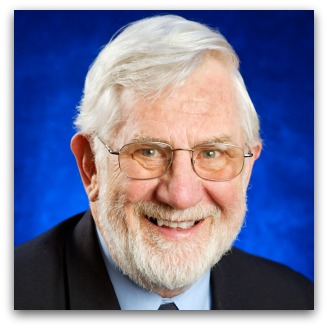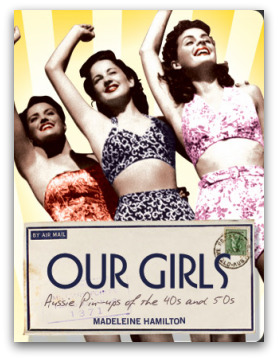Keywords: Cultural Revolution
-

MEDIA
- Chris McGillion
- 22 June 2012
15 Comments
There’s no doubt that quality and depth will both suffer, not just from job cuts, but also due to the cultural shift from a world of lasting tangible hardcopy that rouses you at 5 am to fleeting virtual postings that can keep you awake all night. But let’s hope Fairfax management remembers that in a crowded digital environment, quality and depth are the only things that can continue to distinguish its brands.
READ MORE 
-

AUSTRALIA
- Trish Madigan
- 06 January 2012
3 Comments
One website proudly proclaimed that Egypt's protests were a safe space for women. In fact women were on the frontline. They were part of a long history of women who have struggled for recognition of their human rights in Egypt. Published 15 February 2011
READ MORE 
-

AUSTRALIA
- William Gourlay
- 18 October 2011
16 Comments
First appearing in 1906, the islamic periodical Molla Nasreddin displayed a sardonic and satirical take on women's rights, the role of religion in society and government, press freedom and education. The Arab Spring is the latest expression of this forestalled progressive sentiment.
READ MORE 
-

RELIGION
- Andrew Hamilton
- 13 October 2011
25 Comments
Most churches are ageing and limited in their ability to engage with governments. As well as controvesies such as the Bill Morris dismissal and the handling of sexual abuse, the Australian Bishops visiting Rome this week will discuss ways to build on the strenghts of the Church in Australia.
READ MORE 
-

AUSTRALIA
- Ben Coleridge
- 13 March 2011
6 Comments
Political and social ideas are a means of conceptualising people's inner urgings and desires. Does the movement towards political change in the Middle East constitute an 'absolute moment' which forecasts the realisation of democratic governments across the Arab world?
READ MORE 
-

RELIGION
- Henri Boulad
- 08 March 2011
2 Comments
It is an absurd confrontation. On one side, a man with empty hands; on the other, a well organised force equipped with batons, helmets and shields. I can still see the young man, like a lion, throw himself against the wall of shields, face tensed, eyes flashing, heart steeled.
READ MORE 
-

AUSTRALIA
- Trish Madigan
- 15 February 2011
21 Comments
One website proudly proclaimed that Egypt's protests were a safe space for women. In fact women were on the frontline. They were part of a long history of women who have struggled for recognition of their human rights in Egypt.
READ MORE 
-

ARTS AND CULTURE
- John Falzon
- 17 December 2010
4 Comments
Syd Tutton, national president of the St Vincent de Paul Society in Australia, died on Sunday. He was a fighter for social justice, uninterested in personal recognition, making light, for example, of the Papal Knighthood he received in 2009, threatening to ask the Vatican for a horse to go with the title.
READ MORE
-

AUSTRALIA
- James M. Dorsey
- 19 April 2010
5 Comments
Boosted by technologies that facilitate mass
distribution without government control, the heavy metal and hip-hop music scene in the Middle East recalls the role
music played in the velvet revolution that toppled regimes in Eastern
Europe and Indonesia.
READ MORE 
-

MEDIA
- Peter Hodge
- 27 January 2010
14 Comments
When western campaigners used the Beijing Olympics to promote
the Tibet issue, the Chinese felt the attention was sensationalist and unfair. So it's no surprise the Chinese media took notice when violence against foreign students in Australia came to prominence.
READ MORE 
-

ARTS AND CULTURE
- Ellena Savage
- 22 January 2010
7 Comments
When we think of pin-up girls from the '40s and
'50s, we might assume they were desperate women who unwittingly participated in an industry that exploited them. In her new book, Madeleine Hamilton argues they were in fact 'trailblazers of the sexual revolution'.
READ MORE 
-

RELIGION
- Herman Roborgh
- 09 October 2009
3 Comments
Modern atheists in the West and modernist Muslims in Islam are both abusing religion. Their discourse about God has been influenced by the popular demand for
scientific empirical verification, and they have lost confidence in the
ability of figurative language to open a way to truth.
READ MORE